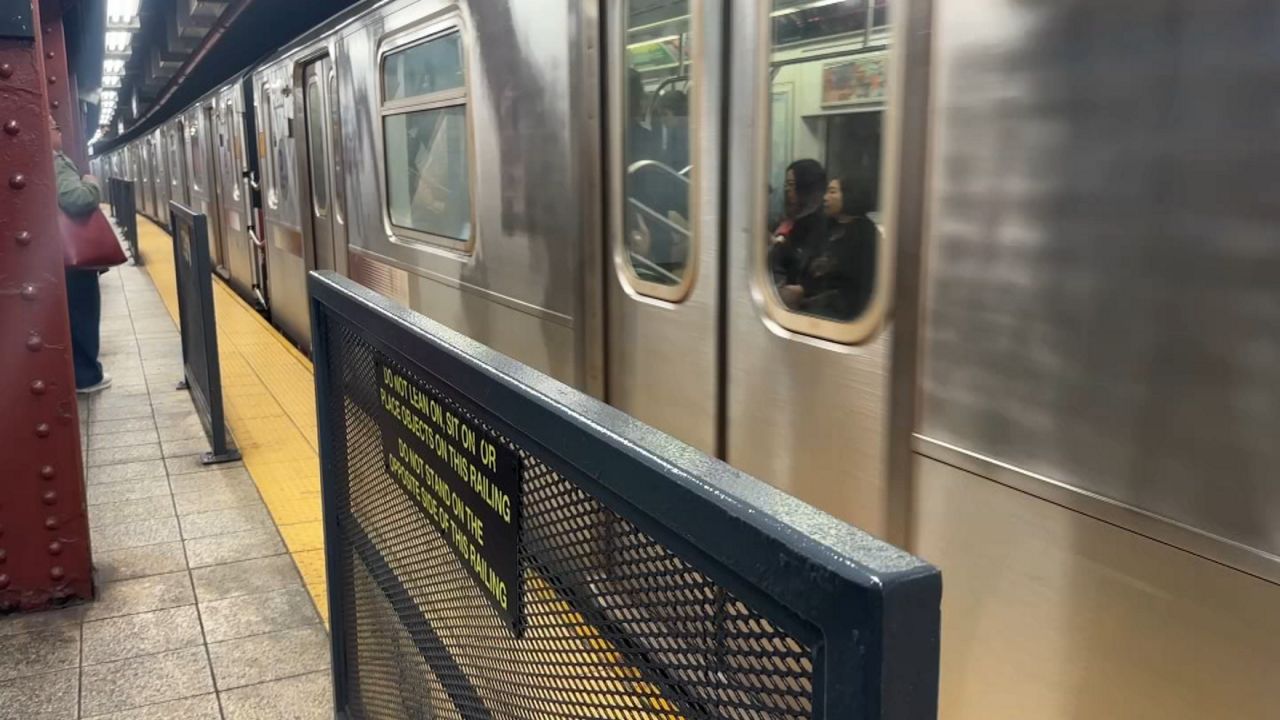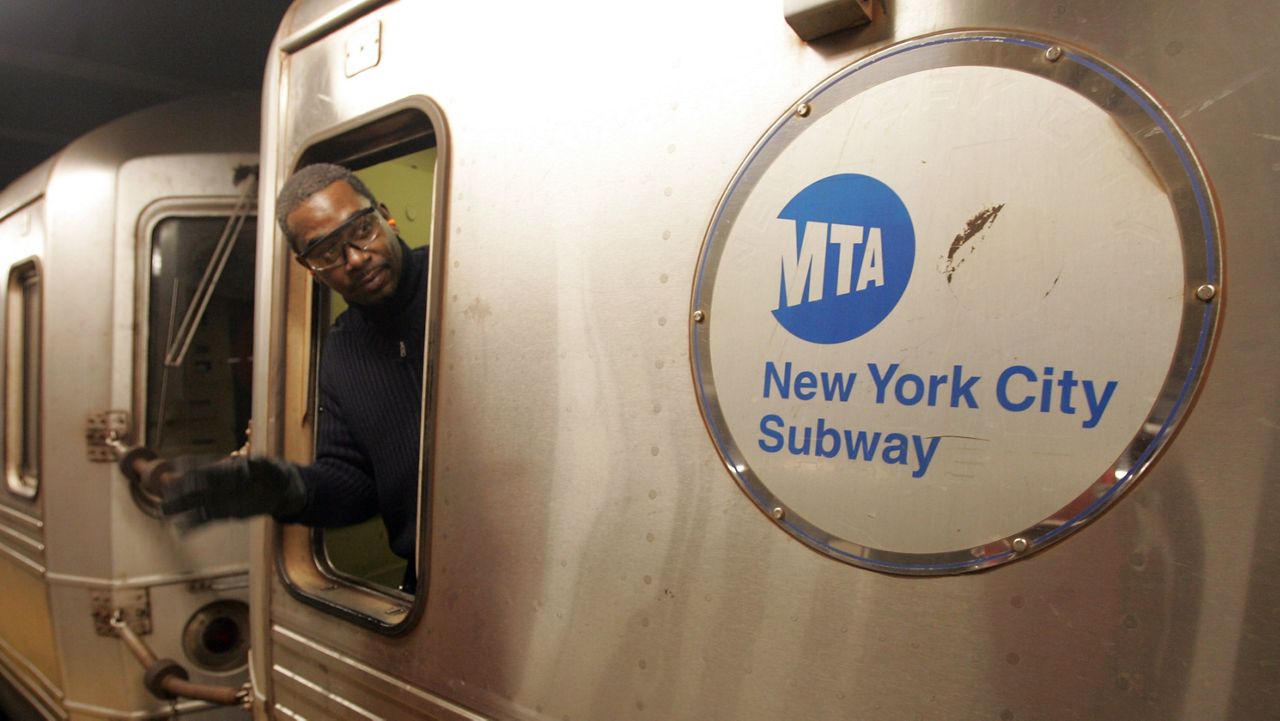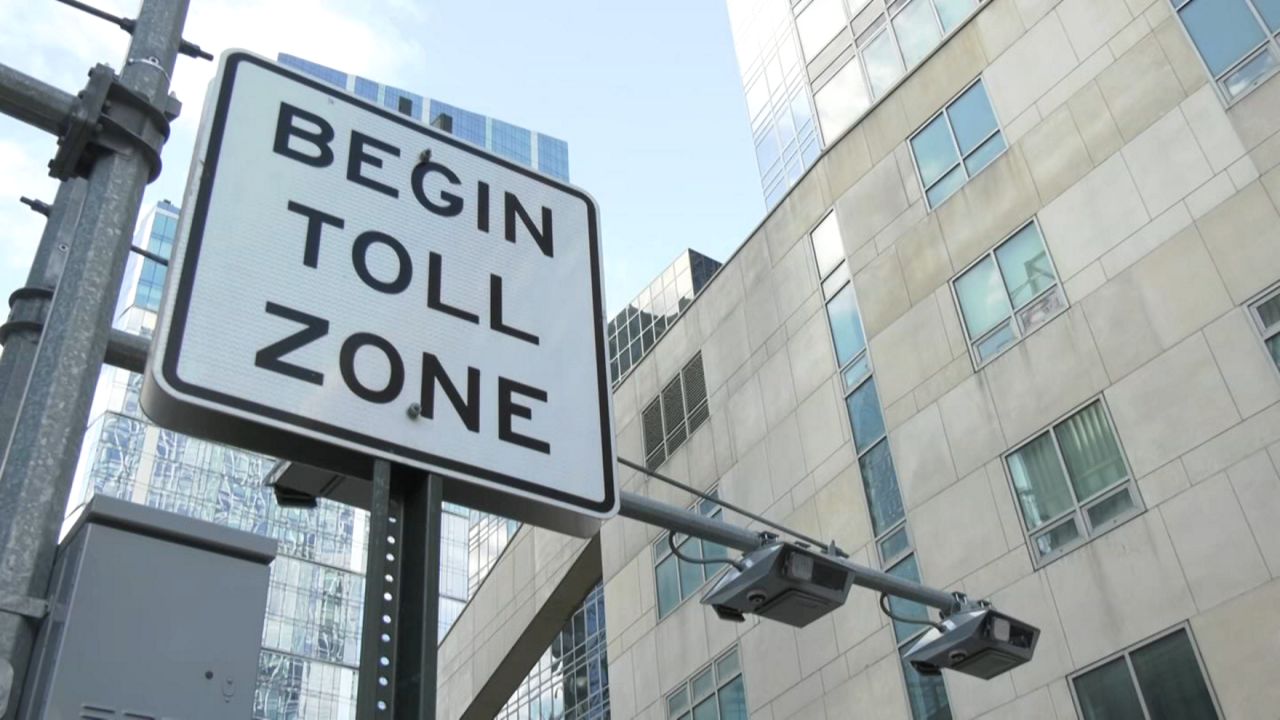Essential workers who work overnight will soon have to find another way to get around when the subways are shut down.
The MTA is ending its program of offering free cab rides at the end of the month.
The program began in May when Governor Andrew Cuomo ordered the subway system to close every night between 1:00 a.m. and 5:00 a.m. so crews could clean and disinfect trains.
The program has allowed essential workers to book for-hire vehicles online for free to account for the lack of service.
The MTA says the last free for-hire rides will happen at 4:30 a.m. on Sunday, Aug. 30. It has spent about $6 million on more than 120,000 cab rides since the shutdown began.
John Thompson’s shift as a station operations representative for United Airlines at LaGuardia Airport starts at 4:15 a.m. He said getting a free car service from his home that was paid for by the MTA was a nice perk that he figured would eventually be taken away.
“The taxi was so reliable and so quick that I started to enjoy it,” he said. “It was a 13-minute ride point to point, when normally my commute is an hour and a half.”
Danny Pearlstein, an advocate with the Riders Alliance, tells NY1 the MTA’s suggestion that the roughly 1,500 essential workers who relied on that free car service make use of improved late-night bus service is not acceptable.
He says the better solution would be for subways to return to 24-hour service. They are currently shut down from 1 a.m. to 5 a.m. so that they can be cleaned and disinfected.
"Tens of thousands of riders are waiting to pay the fare and get to work in the middle of the night,” said Pearlstein. “So the governor has to reopen it to them. He's got to do that soon. The city won't come back fully until we have a subway that never sleeps."
Thompson says while he doesn’t want to pay $35 out of pocket every day for a car service to get to work, he will reluctantly wait for overnight buses that he claims are notoriously unreliable.
“I don’t know if you follow the NYCTBus Twitter feed, but every night around 12:30/1 o’clock, they publish a list of the bus lines that are critical to the overnight workers especially borough to borough, and they’re basically a list of apologies saying, 'We are unable to provide the kind of service that we hope for based on the number of drivers we have,'” Thompson said.









_Dnt_MTA_Fare_Gates_Clean)